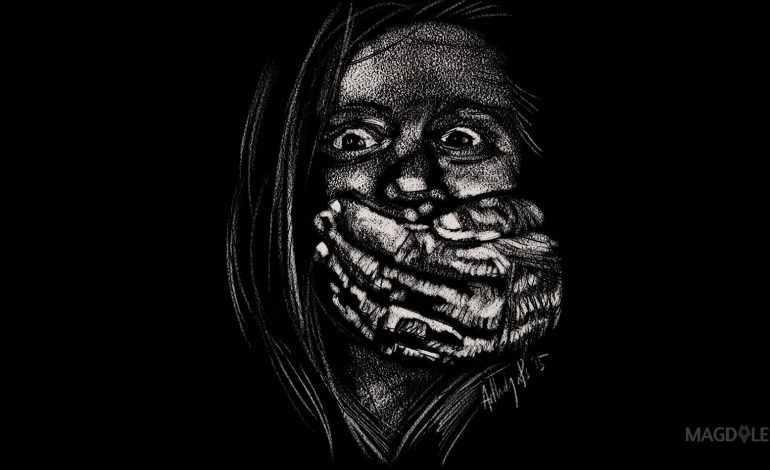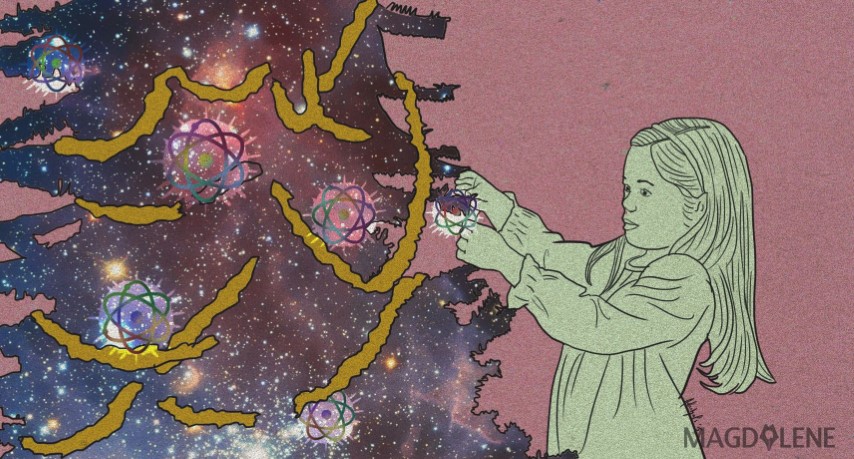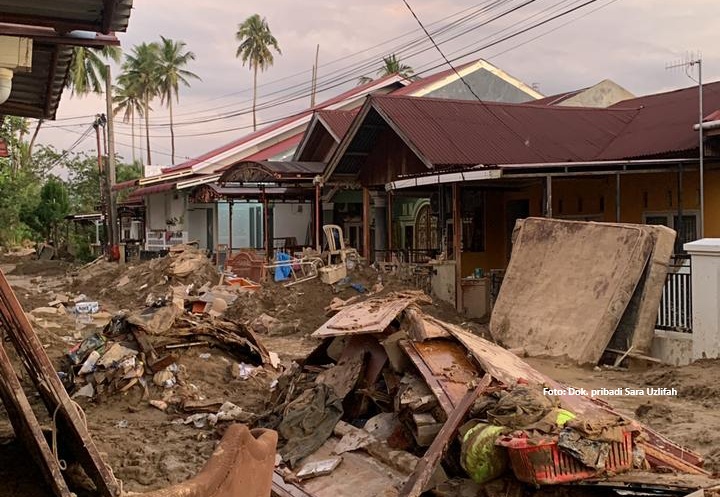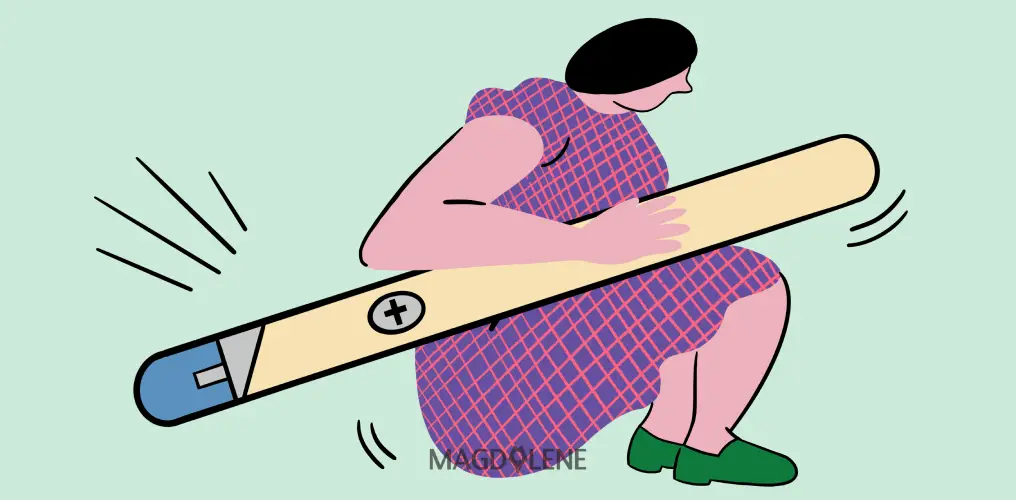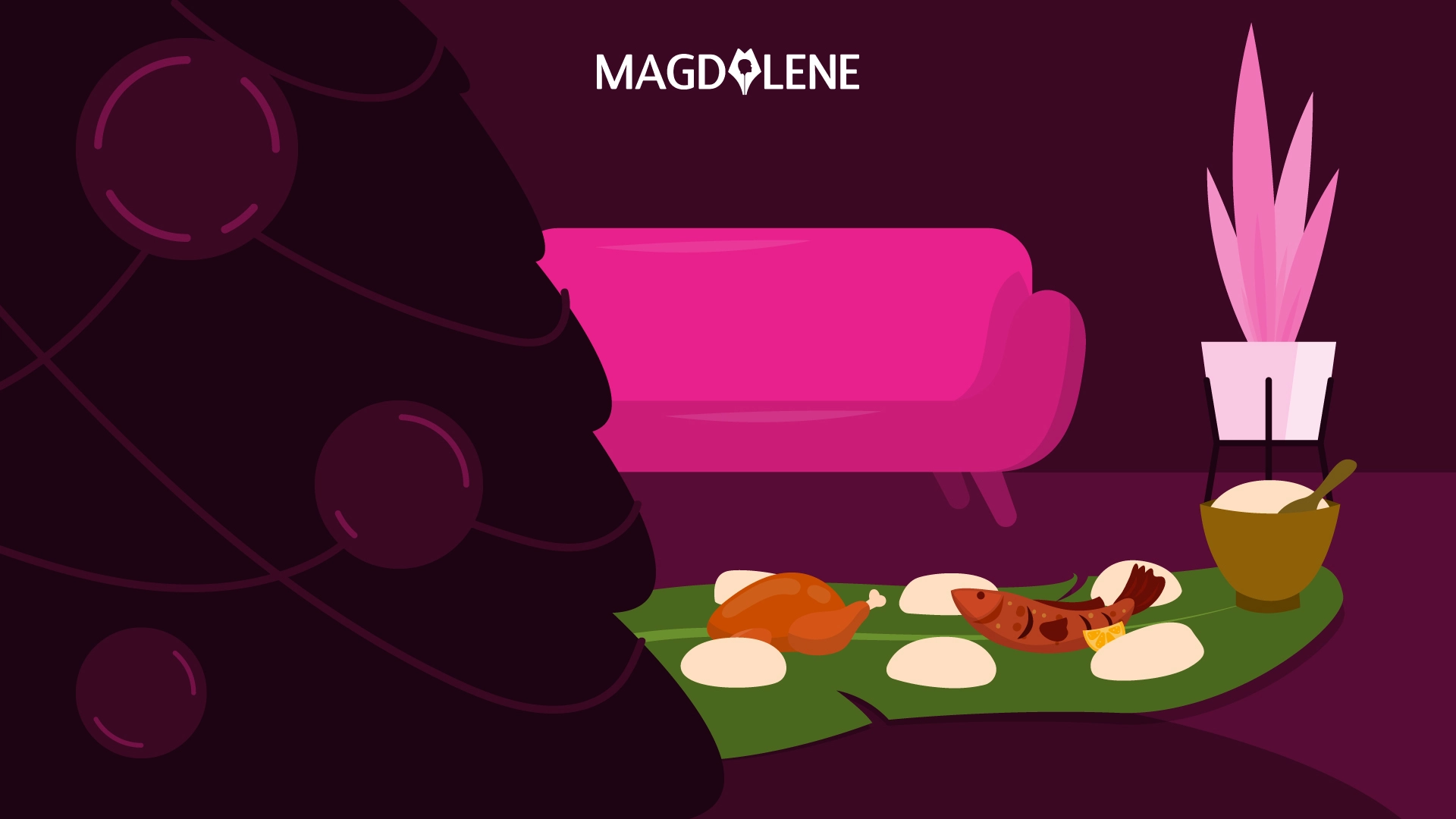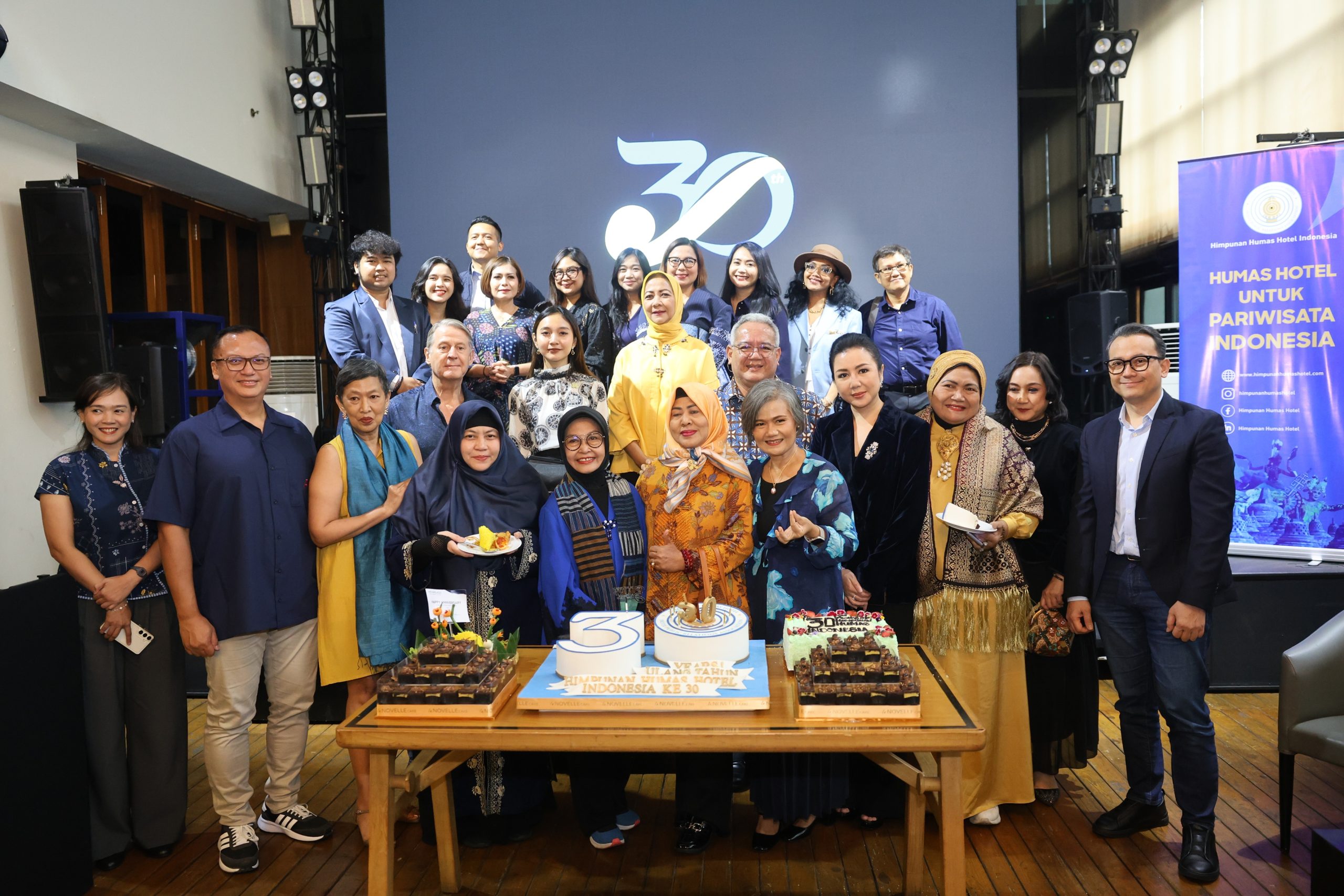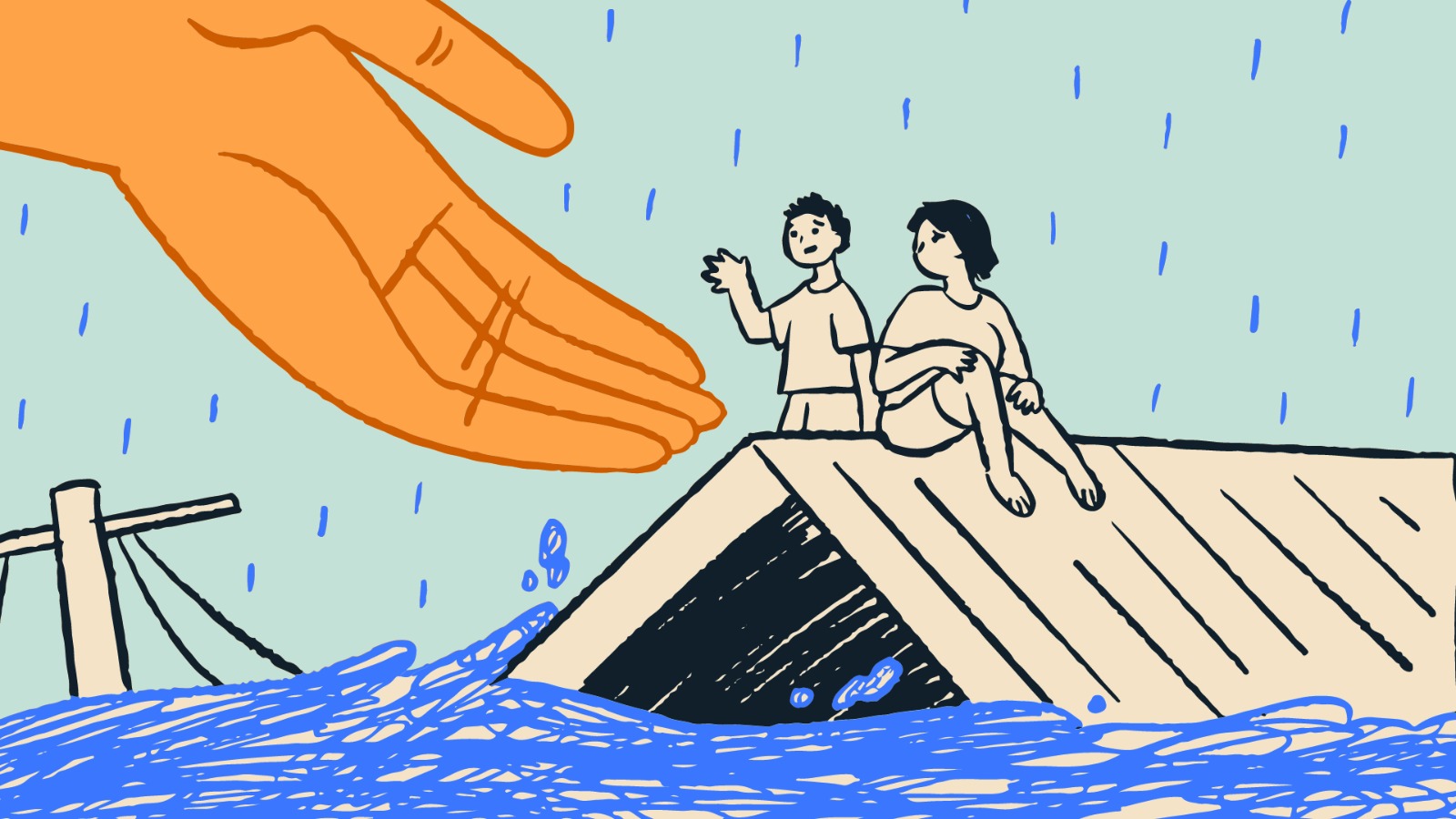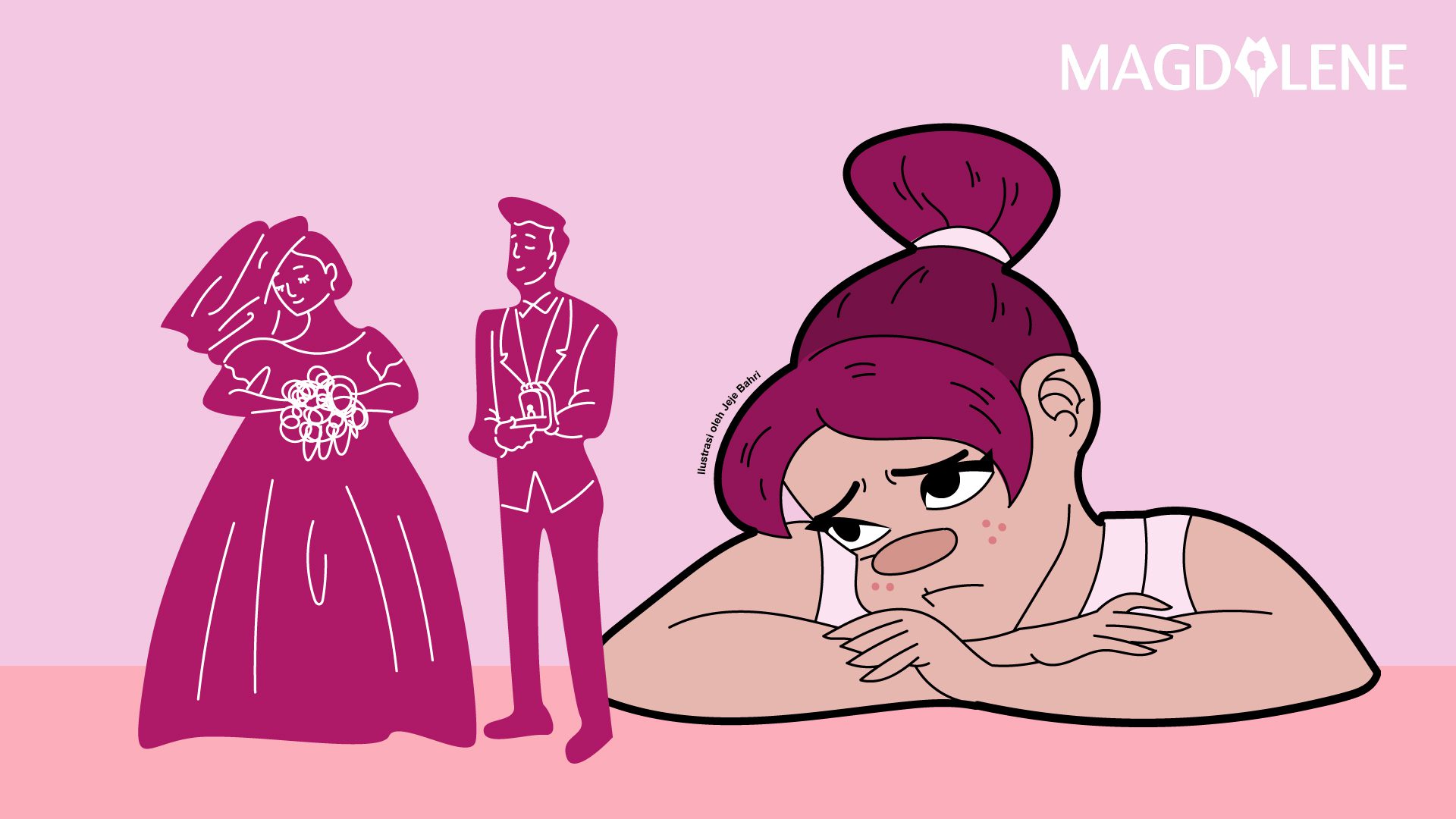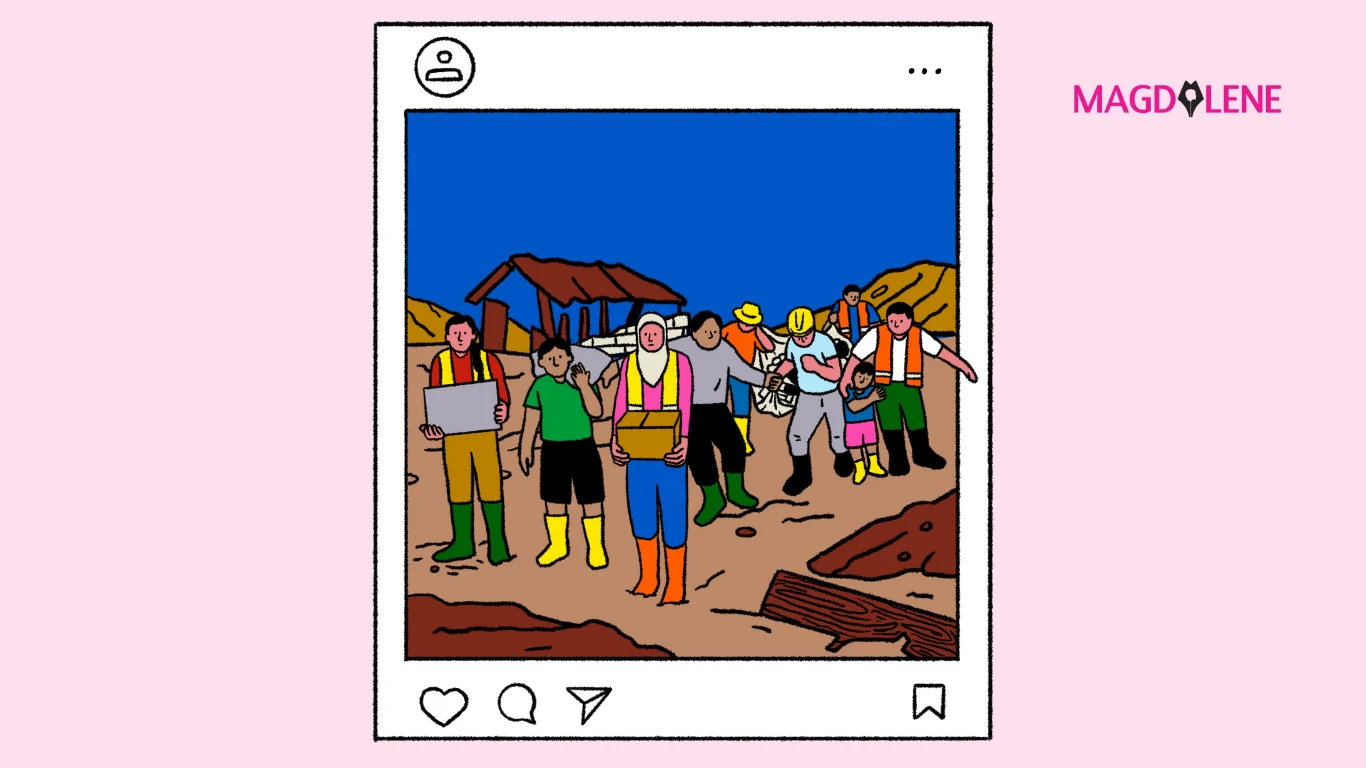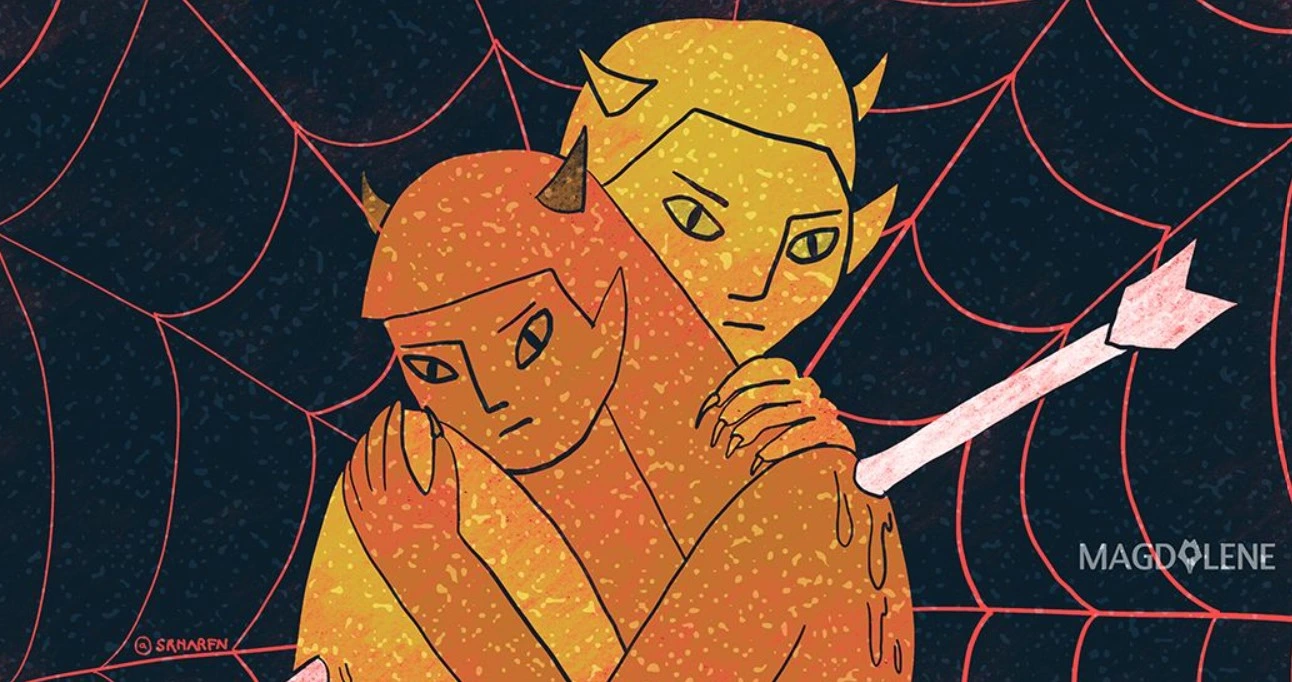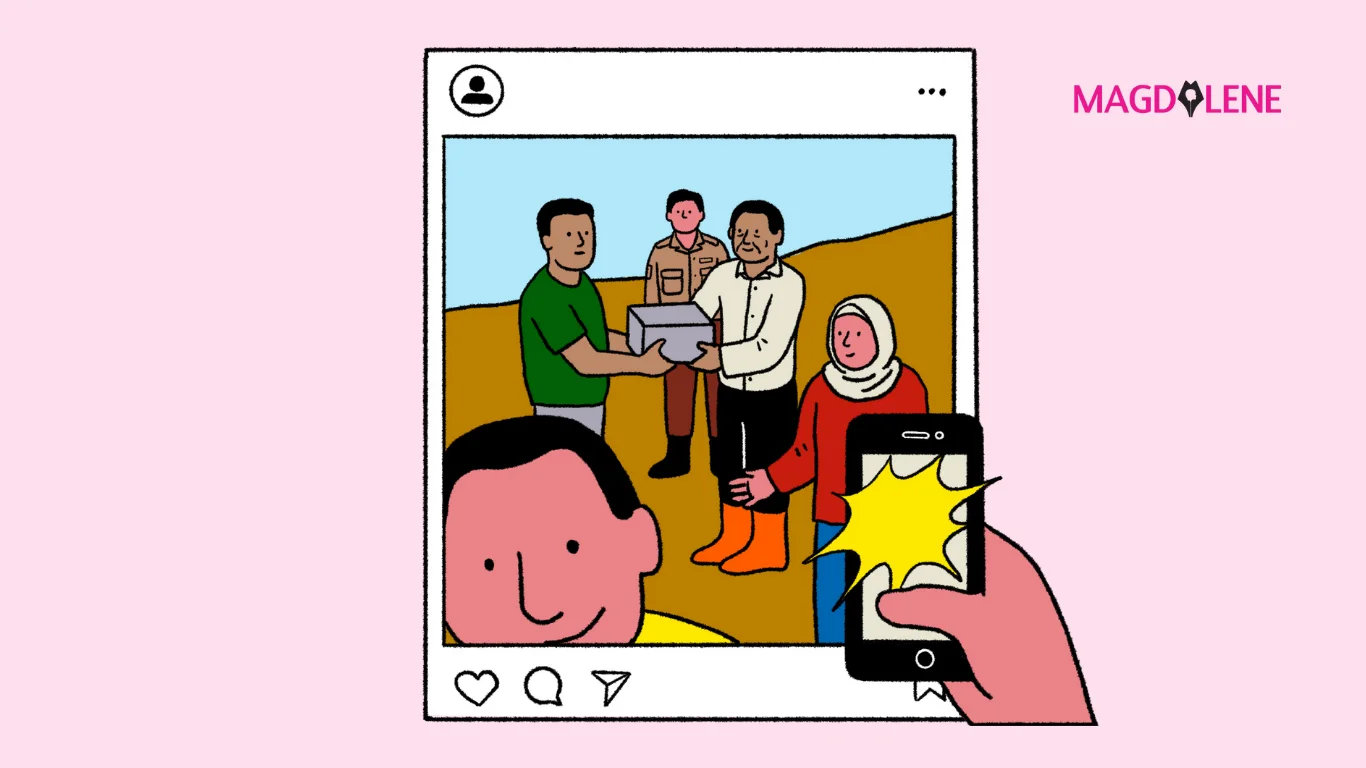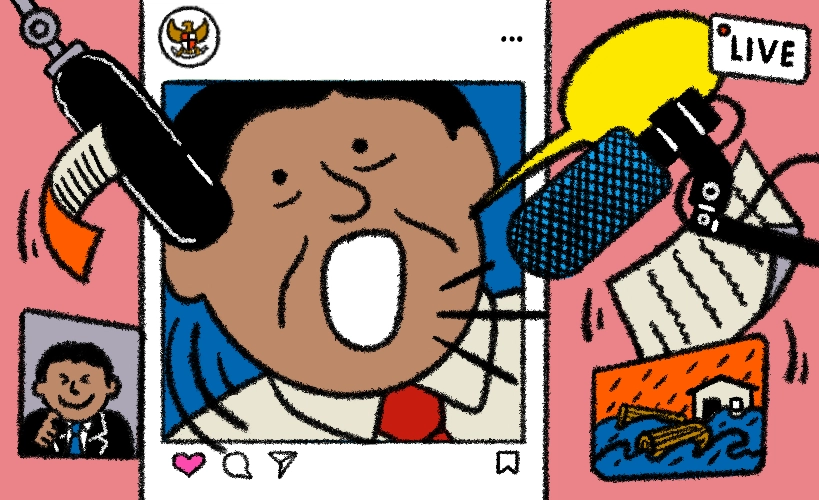Getting to Malaysia? Living with Religious Conservatism in Indonesia
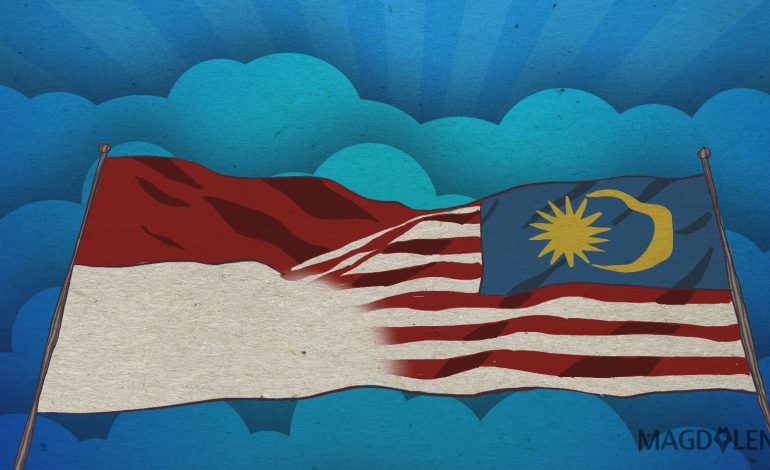
First, I have to apologize that this is not a travel article. “Getting to Malaysia” is my alternative to “Getting to Denmark”, a phrase coined by the American political scientist Francis Fukuyama that refers to Denmark as an ideal country. Denmark means a society that is stable, peaceful, prosperous, inclusive, and honest.
At the peak of the Reformasi years (1999-2004), I wanted Indonesia to be getting to Malaysia. Certainly Singapore is the ultimate model, but it was out of reach. Singapore could become a developed country in a generation because of its miniscule size, its authoritarian but very competent government, and its status as a global financial hub. We might never become Singapore, but I hoped we could become Malaysia.
And what did Malaysia mean? For me it was a Southeast Asian country that could fulfill its potential much better than Indonesia and probably Thailand could. Its two most famous cities, Kuala Lumpur and Penang, have decent public transport and health care systems. It has world-class brands such as AirAsia and Petronas, not to mention regional media companies such as Astro.
Ads on Malaysia tourism also give a picture of a multicultural Asian nation, where Malays, Chinese, Indians, and other races share their love for satay, Malaysian F1 Grand Prix, and shopping. That was precisely what I wanted – having a seafood feast with Indonesians from diverse backgrounds, watching the Indonesian F1 Grand Prix in Sentul, and taking a Jakarta Rapid Rail train from the Bundaran HI underground station with a full haul of shopping bags from Grand Indonesia.
Such happy fantasy in the time of madness, when bombing was an annual event in Jakarta or Bali, when thugs under the name of FPI (the Islamic Defenders Front) marched unchallenged through the Bundaran HI, and when Jakarta’s elites turned their mobile phones, laptops, book shelves, and social media profiles into statements of their religiosity. Looking religious was fashionable and not just for Muslims, as was apparent in the proliferation of religious ringtones and wallpapers and songs playlists. Secular and Christian conservatives blamed Reformasi for the rise of Islamism in Indonesia.
Indonesia was the argument used by the Malaysian government on why democracy, even political reform, is harmful. Although some top terrorists in Indonesia were Malaysian nationals, there was no act of terror in Kuala Lumpur. Malaysia was safe in the 2000s because of authoritarianism, while Indonesia was a mess because of democracy.
At the end of the decade, however, a different pattern was emerging. Indonesia went on with trials and gunfights that diminished the terrorist group Jemaah Islamiyah. The media and people of various backgrounds were critical of the FPI. On the other hand, racial and religious issues in Malaysia have become increasingly toxic, and the government argues that the solution is more conservatism.
Indonesia and Malaysia have opposite views on the relations between religion and race. Since the 1980s, talks on race and ethnicity have been considered impolite and crass in Indonesia, while everyone talks about religions. In theory, any Indonesian can belong to any government-accepted religion.
In Malaysia, race and ethnicity are closely tied to religion. The Malays have to be Muslims, period. Now and then Malay fans of Indonesian sinetron and pop music are confused with the fact that not all Indonesian celebrities (who speak and sing in Indonesian) are Muslims.
Unlike in Indonesia, Chinese Malaysians openly put on store signs written in Hanzi, talk Chinese in public spaces, and know how to write their names in Chinese script. But newly-built churches cannot have the distinctive church architecture and feature the cross. Indonesian-language bibles are seized because they contain the word “Allah”. It’s better to be a Chinese in Malaysia than Indonesia, but it’s better to be a Christian in Indonesia than Malaysia.
This decade we are getting fed up with the Islamists. We felt ashamed when Lady Gaga’s concert was cancelled under pressure from the FPI. “Pornoaksi”, a term introduced to cover more ground legally, made Indonesia a laughing stock and for a while became a running gag in comments and opinion sections in English language newspapers as well as in Jakarta bars frequented by foreign correspondents. Now there are worries that all the bars will have to be closed when Parliament passes a bill on alcoholic drinks.
But I owe an alternate view to Elizabeth Pisani. In 2002, she witnessed an FPI member entering a drag bar to collect protection money, and heard from the staff that he used to sport a military look. In 1980s, the thugs’ theme was anti-communist paramilitary, extorting in the name of Pancasila, our national ideology. Now Islam is their theme.
The Lady Gaga fiasco was not purely caused by FPI’s zealotry. Rumor has it that they were hired by an immature character who lost the bidding game to an upstart. This theory has resurfaced after the news of the cancellation of Maroon 5 concert in Jakarta this September.
I am very aware of bad tidings in Indonesia recently – “sharia laws” targeting women in Aceh, the refusal of the Constitutional Court to review the Marriage Act, and local governments banning condoms and alcohol. But I see the rest of Southeast Asia and I see a collection of messed-up neighbors.
Magdalene can flourish only in two Southeast Asian states – Indonesia and the Philippines (with the popularity of Rappler). In Thailand, any of us would have been arrested with the charge of insulting the monarchy. It’s terribly hard to run an independent website in Singapore, and despite your experience there, homosexuality is illegal.
And Malaysia, my dear Malaysia. The opposition coalition has broken down, as Islamist PAS competes with the chauvinist UMNO to be Malaysia’s most macho party. Recently there are cases where women (and a man) were refused to enter public sites because they wore shorts. Chinese Muslims are also told to make their names fully Islamic (i.e. totally Malay).
Luckily, I am not worried about creeping religious conservatism in Indonesia. I believe a good part of them are motivated by greed (including the plan to ban alcohol) and ego than bigotry. We have decent and brave guys and gals running our country and cities for the next four years. But if I were a Malaysian or Thai (or even a Singaporean), I would be in despair.
*Once Mario pondered what would happen if he were a girl. Follow @mariorustan on Twitter.


